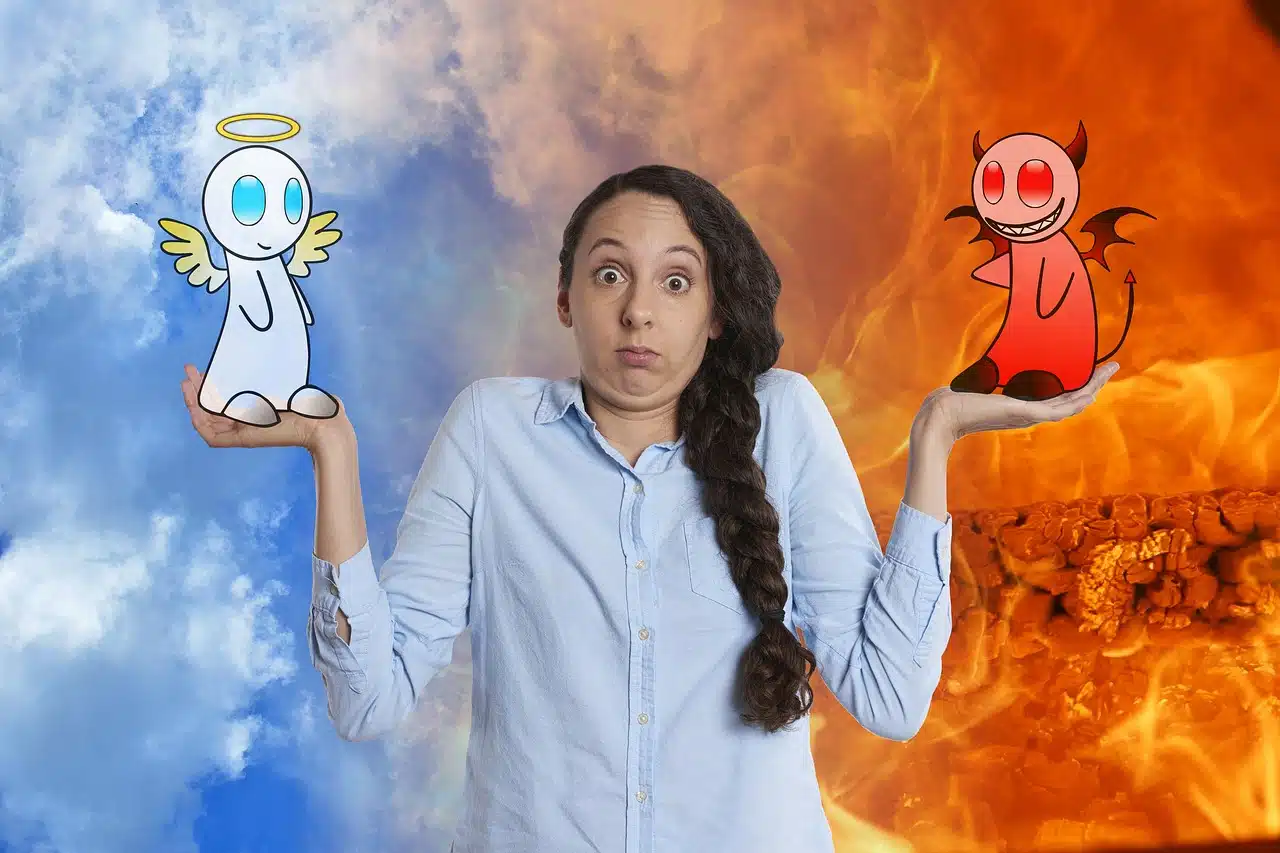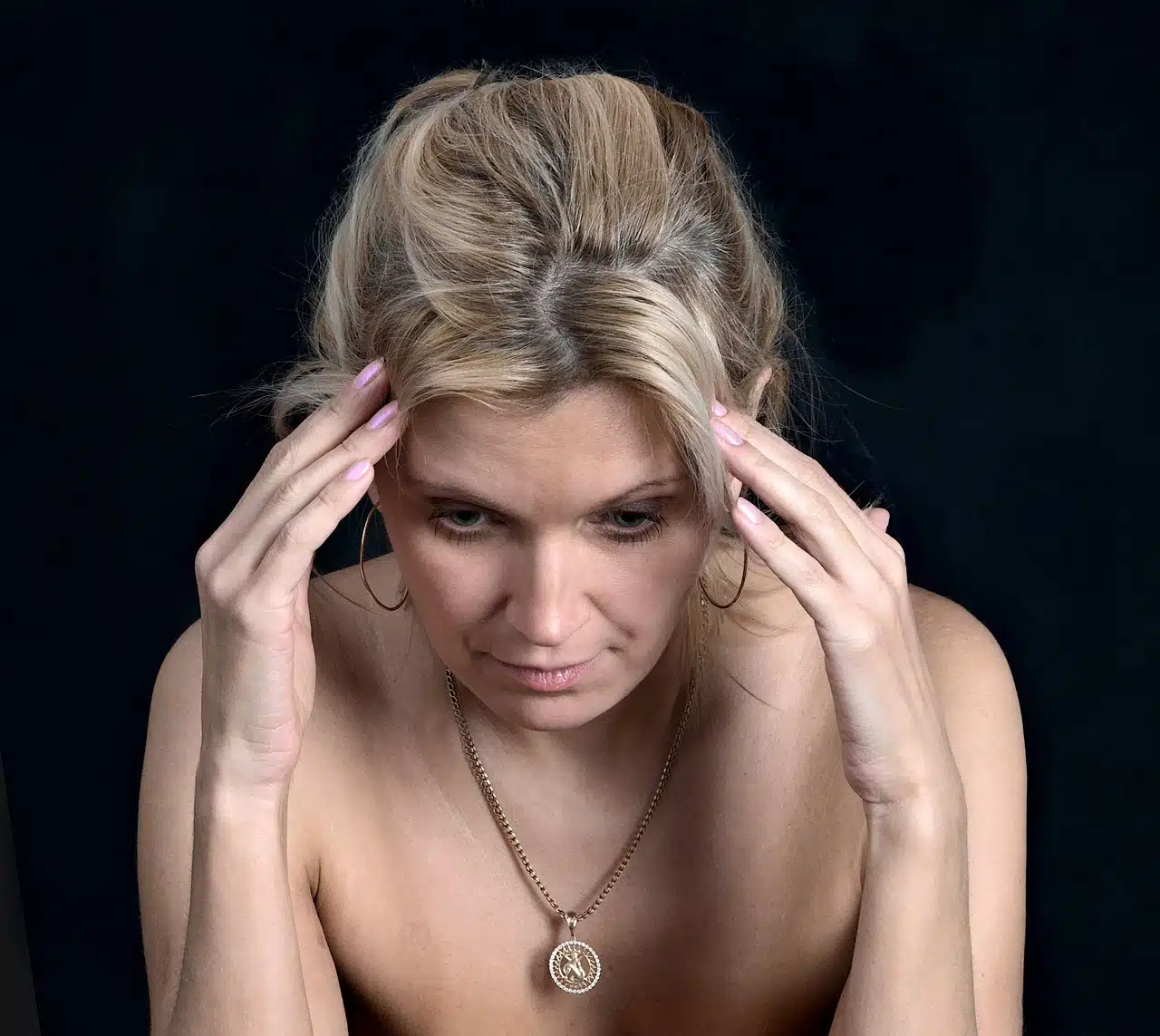
Morality provides guidance about right actions and wrong actions.
Moral is a word of Latin origin, which comes from the term moris ( "custom" ). It is a set of beliefs, customs , values and norms of a person or a social group, which functions as a guide to act . That is, morality guides which actions are correct (good) and which are incorrect (bad).
According to another definition, morality is the sum total of the knowledge that is acquired about what is highest and noble and that a human being respects in his or her conduct . Beliefs about morality are generalized and codified in a certain culture or in a certain society, so morality regulates the behavior of its members. On the other hand, morality is usually identified with the religious and ethical principles that a community agrees to respect.
The set of moral guidelines that direct the actions of an individual is what is known as ethics . In other words: ethics leads a subject to act in one way or another according to his conscience , taking into account what his morals dictate about good and bad.
Morality
The set of moral norms is called objective morality (the norms exist as social facts regardless of whether the subject decides to abide by them). On the other hand, the acts through which the person respects or violates the moral norm make up subjective morality .
We speak of a moral code to refer to the organized series of moral norms that a specific social group assumes at a given moment. In that community, the moral judgment (a value judgment) is carried out in accordance with what is established by the code in question, which is built thanks to the agreement of individuals and which contributes to peaceful coexistence . Typically, the moral code is reflected or reflected, at least partially, in laws.
It is worth mentioning that the idea of moral responsibility appears with the conviction that the actions of the individual are always carried out with a purpose , unless they are unconscious (whether due to a mental illness, a psychological imbalance, the effects of a drug, etc.). It is said that a person who makes use of the moral values of his society can forge a better destiny.
The term moral can also be used as a synonym for ethics , so it makes sense as a philosophical discipline or as a synonym for moral theology (a theological discipline).
Morality as a tool for evolution
In the scientific field, the idea that morality arose as a consequence of natural selection is very widespread, precisely because it allowed us to discard all behavior that threatens our evolution throughout history. In fact, this can be seen in any animal society, beyond our own: it is common for living beings to instinctively adhere to certain implicit rules that no one has written.
For example: any animal, us included, should tend to protect its family, its closest ones, to protect itself from predators; Even before the creation of a law against domestic violence , we surely understood that it was not good for our survival to hurt or kill members of our group.
It is, therefore, a constructive way of organizing ourselves as a species , of prioritizing the safety and well-being of our communities above all else. Scientists assure that the complexity of morality grew along with the development of our intellect, until it was reflected in legislative systems. In history there are several examples of the prevalence of an explicit system of laws based on morality over an implicit and archaic one, closer to anarchy and internal competition among members of the same group.
Sociobiology
The American biologist Edward Osborne Wilson , born in 1929 and doctor in Biology from Harvard University , expanded the idea of morality in his study of sociobiology , which focuses on the history of our societies based on behavioral characteristics such as system creation, territoriality, aggression, cooperation and the search for a partner to reproduce.
Wilson points out that the system of values that human beings adopted over the millennia (which includes all related beliefs, norms and virtues) exists precisely because it is useful for continuing to evolve. This may seem cold to many scholars, but deep down it reflects a need to survive practically and far from the spiritual.

Morality leads to questioning certain behaviors.
moral dilemma
Although these values are key to survival and evolution, and even understanding that morality is responsible for indicating what is correct , on certain occasions people find that they are not clear about how they should act. In these cases, the available options produce, in one way or another, a situation that is condemnable from an ethical perspective.
Therefore, what is known as a moral dilemma arises. In this dichotomy, the subject is generally forced to choose the lesser evil. The moral dilemma can also arise when, to achieve an altruistic goal, one must resort to an ethically reprehensible means.
Suppose a teenager breaks a window at his school. The director of the institution, faced with this fact, informs the students that they will all receive punishment if the author of the material damage does not appear. There are friends of the young man who know what happened, which is why they face a moral dilemma : do they have to reveal the identity of the person responsible to avoid a general sanction that will be unfair? Or should they maintain the loyalty of friendship and remain silent?
Absolutism and relativism
The idea of a moral dilemma can be linked to what is proposed by two opposing philosophical doctrines: moral absolutism and moral relativism .
For moral absolutism, norms of this kind are always mandatory. There are no possible conditions nor can specific circumstances be addressed since the actions are intrinsically bad or good .
Moral relativism, on the other hand, grants legitimacy to all moral opinions. This position affirms that values cannot be hierarchized .
If we focus on these views, it is difficult to create a dilemma for moral absolutism since the acts are right or wrong. On the contrary, moral relativism could find justification or understand any type of decision that is made according to moral criteria based on circumstances.

Socrates is one of the philosophers who reflected on morality.
Moral philosophers
Moral philosophers are those who reflected on good and bad. Socrates is often pointed out as a pioneer of moral philosophy : for him, moral good is associated with truth.
Socrates maintained that knowledge gives freedom , since only those who act according to reason and not following the impulse of appetite or spirit are free. In this framework, morality can only be analyzed when a rational being has the necessary knowledge to develop actions freely. For Socrates , no person acts badly if he knows what that implies.
Plato , a disciple of Socrates , stated that moral values are universal standards that allow a judgment of behavior. Continuing in Ancient Greece, Aristotle stated that moral virtues were habits that were forged by repeating the execution of good acts (located at a midpoint, far from vicious extremes).
Closer in time, Immanuel Kant stated that an action is good when its essence or maxim is in tune with the moral law. The categorical imperative is that proposition that establishes what behavior is necessary, which means that morality is reduced to this commandment that arises from reason.
John Stuart Mill,Friedrich Nietzsche, Emile Durkheim,Sigmund Freud yMichel Foucault son otros de los pensadores que estudiaron la moral desde diferentes persectivas.
